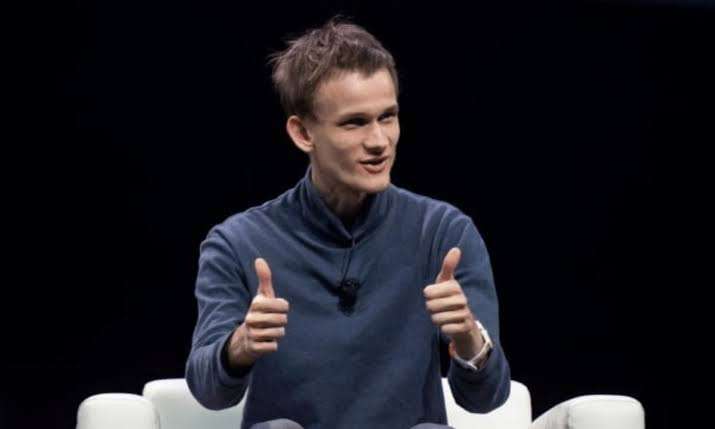
Vitalik Buterin Caution on Merging Blockchain, AI
Vitalik Buterin caution on integrating blockchain and AI expressing concerns about potential risks, particularly in high-value scenarios.
In a recent statement, Vitalik Buterin, one of the co-founders of Ethereum, cautioned developers to exercise caution when combining blockchain technology and artificial intelligence (AI).
In a blog post published on January 30, Buterin outlined his most important concerns about artificial intelligence. He advised developers that it is “worth treading carefully,” particularly when considering the deployment of novel apps in high-value and high-risk scenarios.
“It is important to be careful: if someone builds e.g. a prediction market or a stablecoin that uses an AI oracle, and it turns out that the oracle is attackable, that’s a huge amount of money that could disappear in an instant.”
Vitalik Buterin noted that one of the areas in which artificial intelligence has the greatest potential for success is the ability to participate in mechanisms such as prediction markets on a micro-scale, which would be impossible for humans to do.
As Vitalik Buterin stated, AI could also assist users in comprehending and safely interacting with cryptocurrency by providing explanations of transactions and signatures or identifying fraudulent activities through the interfaces of cryptocurrency wallets.
An AI interface that complements a more conventional interface is becoming incredibly realistic, he added. “My opinion is that pure AI interfaces are probably too risky at the moment because they increase the risk of other kinds of errors,” he said.
However, Vitalik Buterin believes that the most dangerous undertaking would be to use artificial intelligence to enforce the rules or governance of cryptosystems.
This is because open-source AI models could be susceptible to attacks by adversaries. Because bad actors can analyze the code of open-source artificial intelligence and optimize assaults against it, this type of AI is more sensitive to adversarial attacks.
Although closed-source artificial intelligence offers “security through obscurity,” these models do not offer any insight into how they operate or assurances that they are impartial, as expressed by him.
According to Buterin, the cryptocurrency business Worldcoin, affiliated with OpenAI, is an example of closed-source artificial intelligence. He explained that the company relies on “not letting anyone simply call into the AI model” and instead employs “trusted hardware.”
Buterin added that the most challenging obstacle would be the development of a decentralized artificial intelligence that would use blockchain technology and cryptocurrency and that other apps could utilize.
“The most challenging to get right are applications that attempt to use blockchains and cryptographic techniques to create a “singleton”: a single decentralized trusted AI that some application would rely on for some purpose.”
According to him, these applications hold a great deal of potential “both for functionality and for improving AI safety in a way that avoids the centralization risks associated with more mainstream approaches to that problem.”
As a result, he concluded that there are numerous ways in which the assumptions made could be incorrect.
